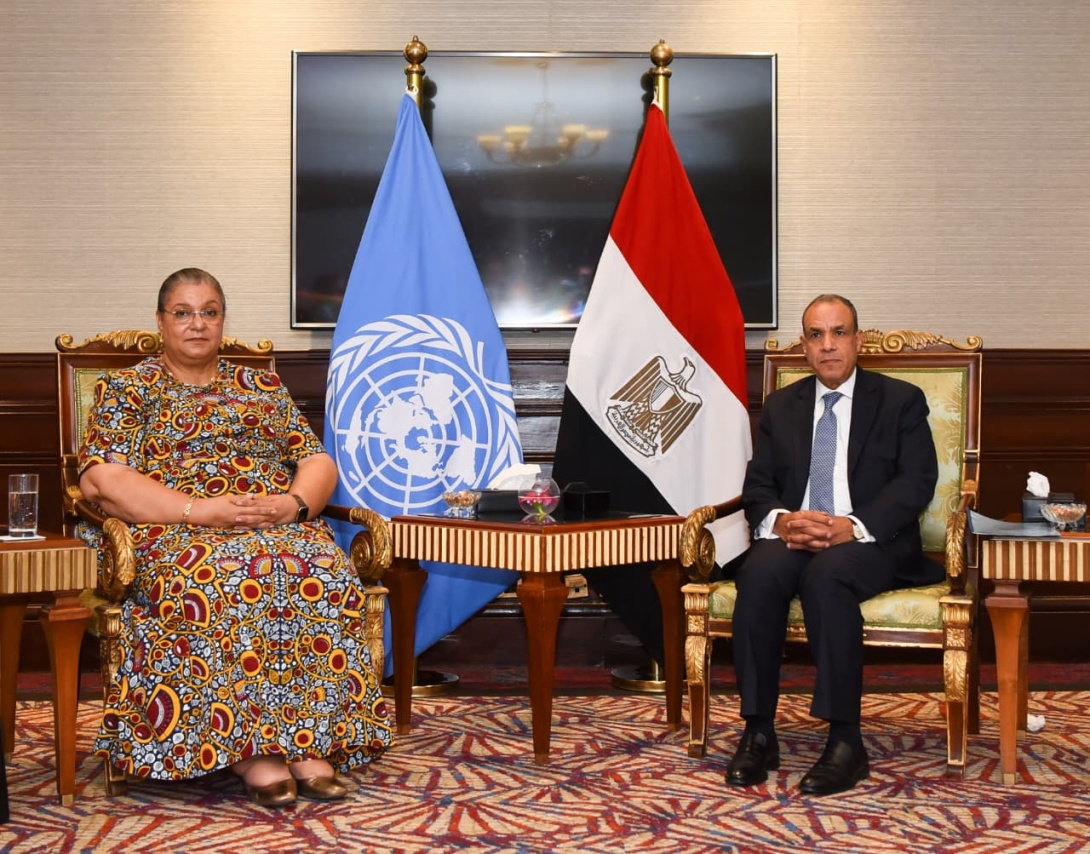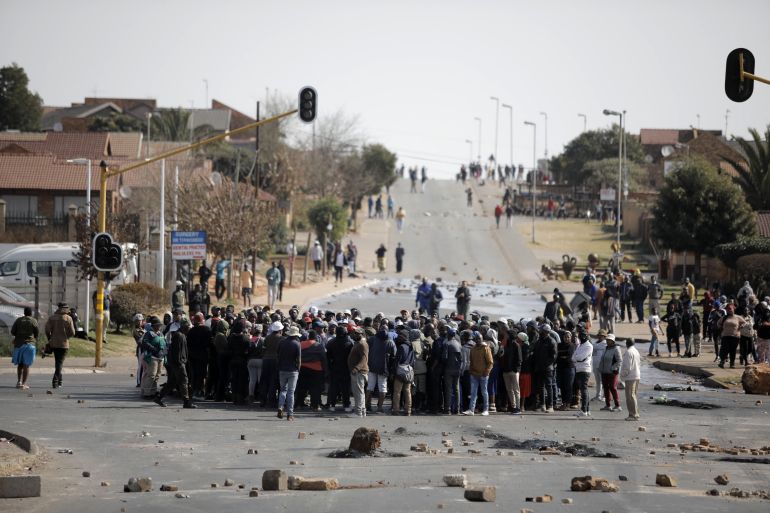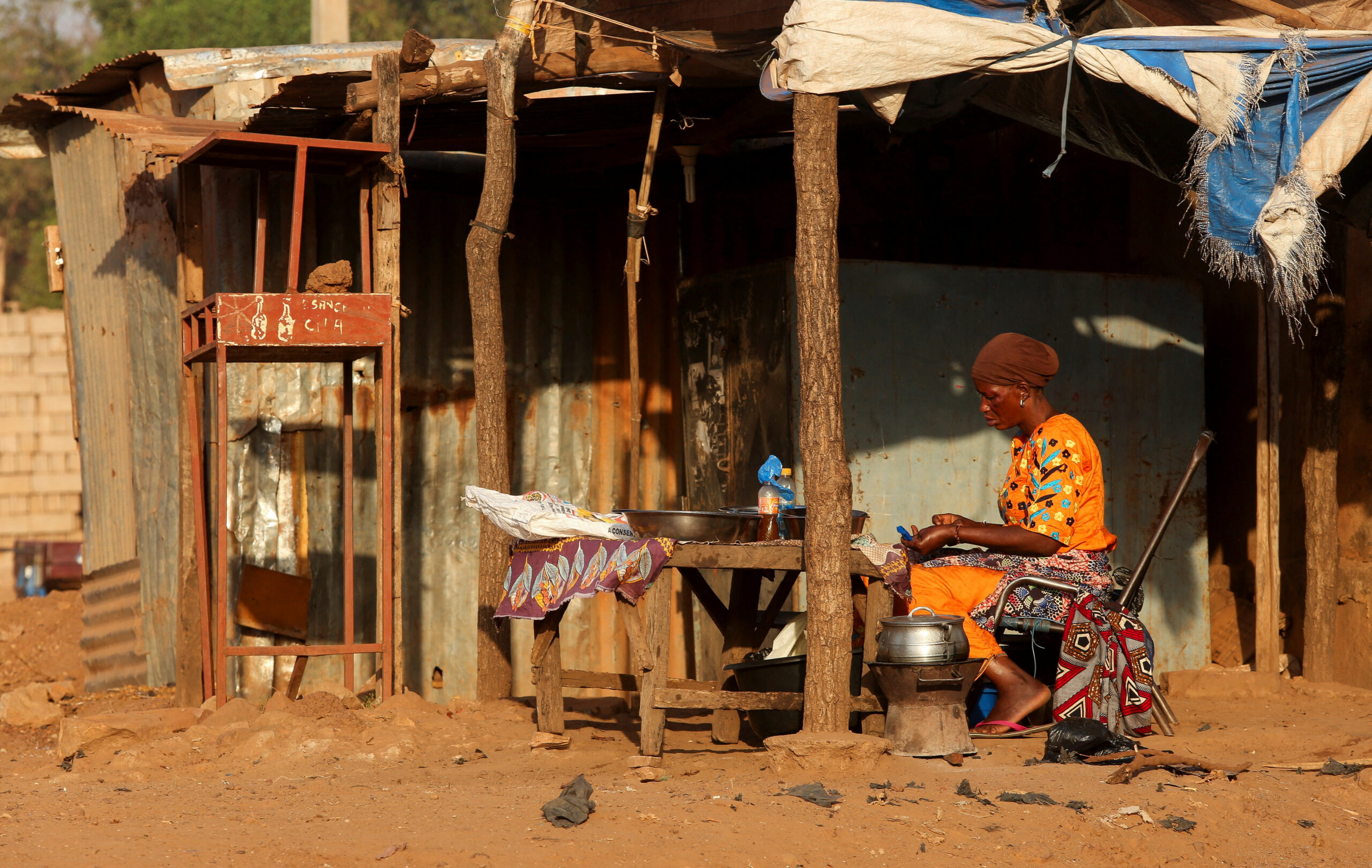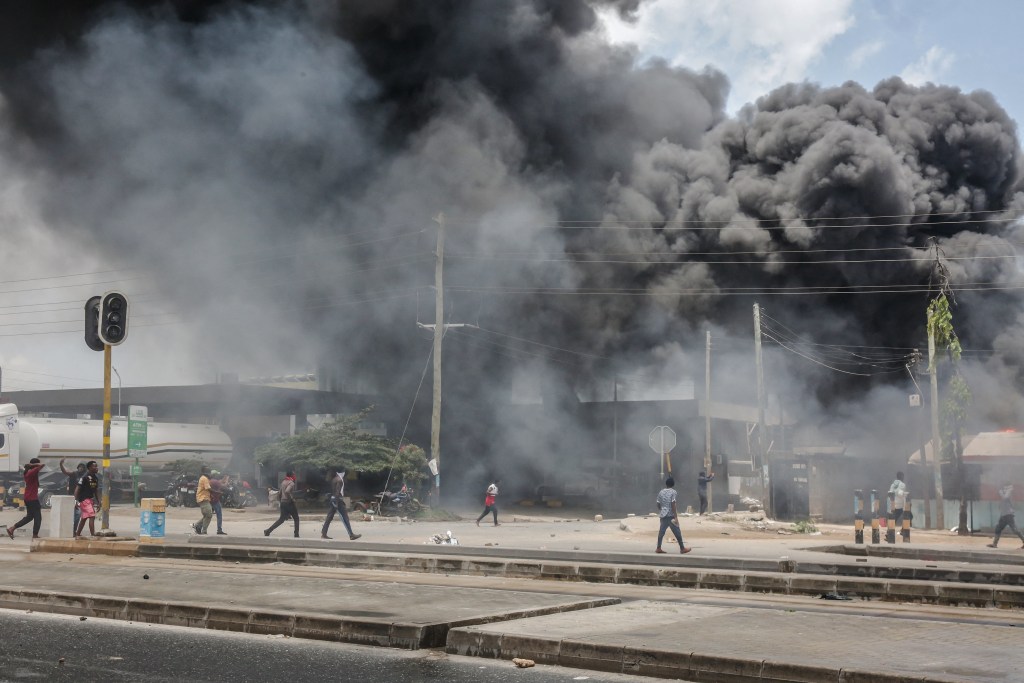
Power Shifts and Legal Dramas Unfold: Hannibal Gadhafi’s Release in Lebanon and Nicolas Sarkozy’s Prison Exit in France
November 10, 2025, wasn’t just another day on the calendar; it marked a surprising convergence of legal and political dramas, intertwining the fates of two prominent figures with controversial ties to Libya’s tumultuous past. In a development that’s sure to grab headlines across continents, Hannibal Gadhafi, son of the late Libyan dictator Moammar Gadhafi, walked free in Lebanon after nearly a decade behind bars. Simultaneously, on the other side of the Mediterranean, former French President Nicolas Sarkozy found himself released from prison, less than three weeks into a five-year sentence linked to allegations of illicit Libyan funds. These aren’t just isolated incidents, are they? Instead, they offer a stark reminder of how deeply historical events resonate, shaping modern geopolitics and spotlighting the complex interplay of justice, power, and international relations.
Hannibal Gadhafi’s journey to freedom began with a dramatic abduction in 2015 by insurgents in Syria, where he’d been living in exile with his Lebanese wife and children. His subsequent detention in Lebanon spanned almost ten years, caught in a web of judicial processes and heightened political tensions. His lawyer, Charbel Milad al-Khoury, confirmed the legal formalities were complete, allowing Hannibal’s release after a Libyan delegation secured his bail. Lebanese judicial and security officials corroborated the bail payment, a rare moment of cross-national negotiation involving Libyan representatives and Lebanese authorities. This liberation isn’t just about closing a chapter for the Gadhafi family; it also mirrors the ongoing uncertainties within Libya itself. What about the rest of the family? His brother Muatassim was killed alongside their father during the 2011 uprising. Another brother, Al-Saadi, a former soccer player, was released from a Libyan prison in 2021 and is thought to be in Turkey. Their patriarch, Moammar Gadhafi, met a violent end, and questions still linger about other family members potentially held in secret Libyan detention facilities. Hannibal’s release therefore transcends a mere legal event; it’s a poignant moment tied to Libya’s persistent struggles for justice, reconciliation, and the stories of its diaspora, a testament to the Libya legacy and global justice challenges. Meanwhile in France, Nicolas Sarkozy’s judicial saga continues to captivate international attention. Sarkozy, who served as President from 2007 to 2012, had been serving a five-year prison sentence following his conviction for criminal conspiracy, allegedly linked to illegally financing his 2007 presidential campaign with Libyan funds. Yet, on November 10, a Paris appeals court granted his release under judicial supervision, allowing him to leave La Santé prison after less than three weeks of incarceration. This sudden twist highlights the intricate nature of high-profile judicial proceedings in France, where legal processes often stretch out and are subject to appeal, a common thread in global shifts and crises. Sarkozy’s case isn’t isolated either; he faces additional legal challenges, including a pending ruling from France’s highest court regarding illegal financing in his failed 2012 reelection bid, as well as an ongoing investigation into alleged witness tampering connected to the Libyan affair. His release, pending appeal, underscores the tension between judicial accountability and procedural fairness, illustrating the intricate dance between law and politics in France’s democracy. Interestingly, Sarkozy chose to attend his hearing via video conference, blending modern technology with legal tradition. The parallel narratives of Hannibal Gadhafi, a key figure in the Middle East’s tumultuous landscape, and Nicolas Sarkozy are unequivocally united by the shadow of Libya’s turbulent history and its far-reaching impact on regional and global politics. The Libyan civil conflict, which culminated in the 2011 overthrow and death of Moammar Gadhafi, sent shockwaves through neighboring countries and prominent Western allies. Funds allegedly shifted from Libya to support political campaigns in France have tied these two seemingly disparate figures together in a saga of wealth, power, and justice, often leading to bribery scandals and calls for greater journalistic scrutiny.
So, what do these developments mean for us? For Lebanon, Hannibal’s release, corroborated by officials on November 10, signals a potential thawing towards Libyan cooperation and reflects the complexities of managing politically sensitive detainees in a fragile state, as reported by CNN. For France, freeing Sarkozy under supervision could represent both a legal necessity and a political calculation, particularly as the former president’s legacy continues to polarize public opinion. Both cases illuminate broader challenges faced by nations grappling with legacies of authoritarianism, corruption, and international intrigue. Looking ahead, observers will closely watch Hannibal Gadhafi’s next moves, hoping for clues about the state of Libya’s internal power struggles and the fate of other Gadhafi family members who’ve remained out of public view. Likewise, Nicolas Sarkozy’s ongoing legal battles and any possible political rehabilitation remain an open question, with significant implications for French politics and governance reforms. These entwined stories truly remind us how deeply historical events resonate long after their apparent conclusions, revealing the persistent shadows cast by conflict, exile, and justice. They also underscore the enduring importance of judicial systems in confronting the legacies of leadership figures whose actions have shaped modern geopolitics.
















